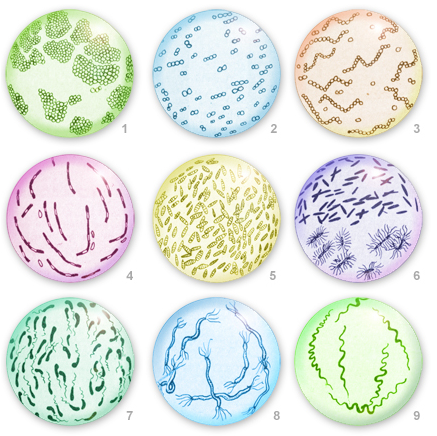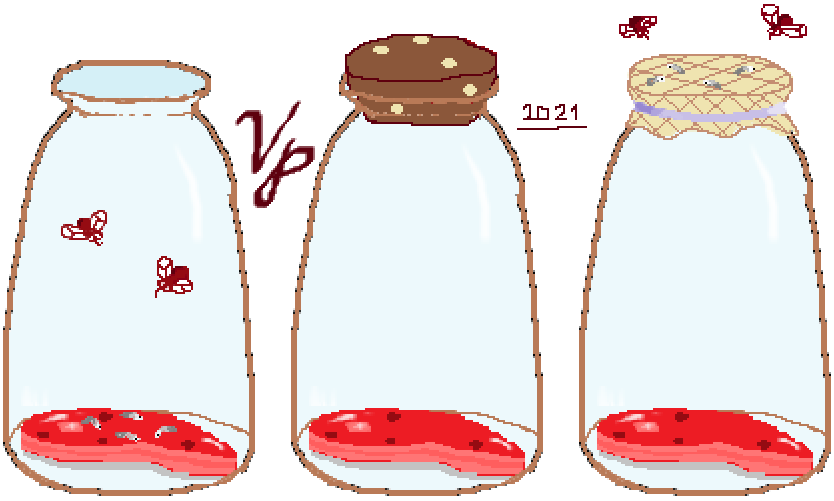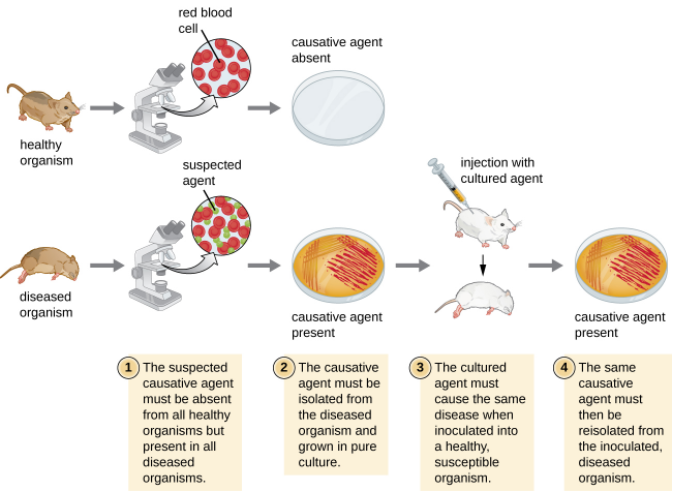April, 5th 2021
MICROBIOLOGY
1) It is the study of microscopic organisms. Xample: Yeast
2) It is the study of microscopic life.
3) It emerged as a science after the discovery and improvement of the microscope.
MICROORGANISM
1) Organisms that cannot be observed with the naked eye.
2) Organisms living as single cells or entities containing nucleic acids capable of replication
3) Including: Algae, fungi, protozoa.
HOW DO MICROORGANISMS AFFECT OUR LIVES?
1) They cause diseases.
2) It causes diseases in animals, which affects the economy.
3) Used for the production of beer (synthesizes metabolites): Industry
4) Botox for Wrinkles: Cosmetics
5) Vinegar (Acetic Acid)
6) Enzyme production: Detergent
7) Pharmaceutical industry
8) Antibiotic production
9) Hormones
MICROBIOLOGY BRANCHES
1) General
2) Industry
3) Systematics: Phylogenetic trees
4) Foods: Phylogenetic trees
5) Veterinary: Focus on microorganisms associated with animals.
6) Medical: Bacteriology or medical examinations.
EPIDEMICS
1) Thanks to the epidemics, it was known that there could be something that originated them, which gave rise to microbiology. Previously it was believed that epidemics were generated spontaneously and were attributed to magical properties.
Antos Van Leeuwenhoek
1) He started making a combination of discovex lenses and realized that he could magnify the image 300 times more than the human eye.
2) Bacteria in the water he called aminaculi.
3) He described three types of bacterial forms (bacilli, cocci and spirilla).

Cocci Shape
1. Staphilococcus aereus / 2. Diplodoccus pneumoniae / 3. Streptococcus pyogenes
Bacilli Shape
4. Bacillus subtillis / 5. Corynebacterium diphteriae / 6. Eberthelia typhi
Spirilla Shape
7. Vibrio comme / 8. Spirillum volutans / 9. Treponema pallidum
4) He was very secretive with his microscopes and set microbiology back quite a bit.
5) His first drawings were published in 1684
Robert Hooke
1) He began to place a series of lenses that looked better and placed a cork in which he could see the cells of the cork.
Francesco Redi
1) People thought that things originated spontaneously but Francesco Redi did an experiment on meat and flies in which he proved that everything depends on the conditions of the product.

Lazaro Spallanzani
1) He made a broth (liquid culture medium) which he left open and observed all the microorganisms that appeared in it. He did the same procedure but with the broth closed and no microorganisms grew.
Robert Koch
1) Initiator of modern medical microbiology. Studied physics, botany, mathematics and medicine.
2) He discovered what generates Anthrax. When the Anthrax envelopes were opened, spores came out of it and contaminated the environment.
3) He discovered how to work with microorganisms, how to obtain them from infected animals, how to artificially cultivate them and how to destroy them.
4) He devoted himself to the study of cholera, tuberculosis and anthrax.
Koch's postulates

Louis Pasteur
1) Father of microbiology.
2) He introduced concepts such as: "anaerobic" "aerobic" "virus" "vaccine".
3) Investigated fermentation processes.
Ferdinand Julius Cohn
1) He gave the bacteria a name, a genus and strains.
2) PSR = Replicate that DNA fragment many times and put it into a specialized computer.
3) RNA 16s = Allows to recognize from the DNA sequence whether it is Archaea or Bacteria by PSR.